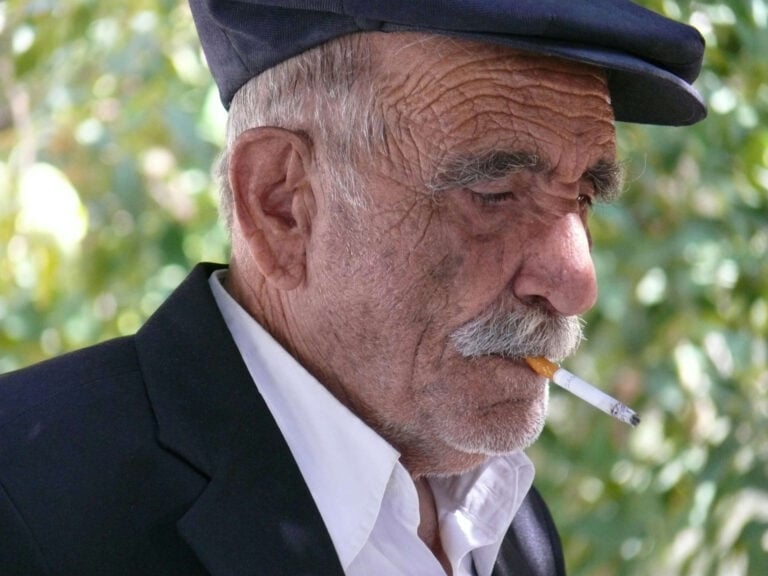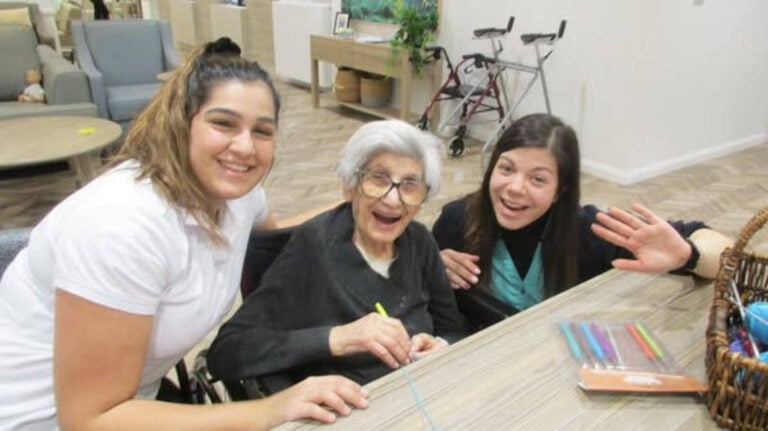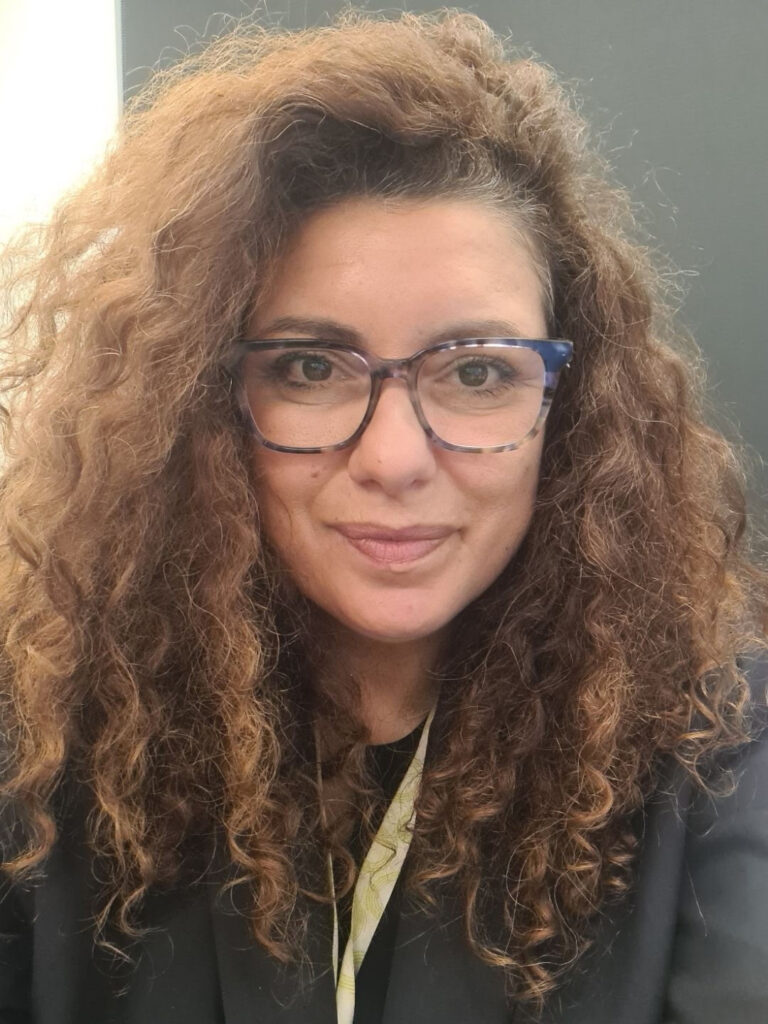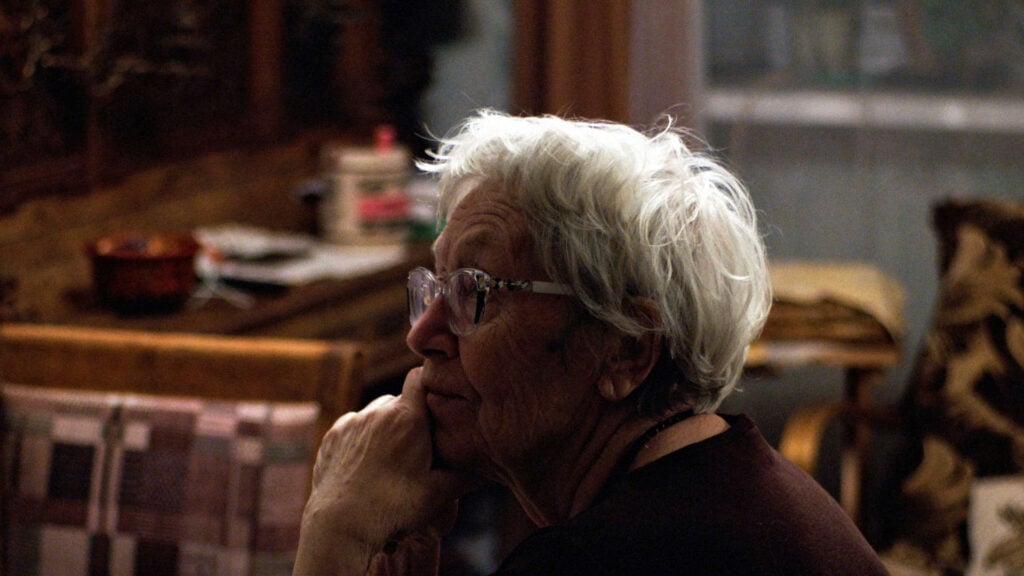Georgia Tzembetzis, Fronditha Care’s Quality and Clinical Manager, spoke to Neos Kosmos about the challenges in providing quality care for people living with dementia in the Greek Australian community.
Tzembetzis is one of the panellists for Fronditha Care’s, upcoming forum, An Open Discussion on Dementia – The personal, social and legal impact of dementia and what you need to know, on Sunday, September 14, at Oakleigh Grammar.
The event brings together medical, legal, and aged-care professionals to share insights on how families can navigate this difficult journey. The panel includes: Dr Athanasios Kokkinias – Psychiatrist, Secretary of the Hellenic Medical Society of Australia; Georgia Tzembetzis – Quality and Clinical Manager, Fronditha Care; Chris Dolkas – Director, RND Lawyers Pty Ltd; and Mandy Ha – Learning Designer, Dementia Australia.
Tzembetzis said one of the “main challenges come from the fact that people are not really aware of the symptoms and the signs and the progress of dementia and how it will present.” Families often don’t know how quickly a person deteriorates, or what symptoms and behaviours might arise.
“There’s a lack of awareness across the community. People get surprised and shocked and stumped with the deterioration,” Tzembetzis told Neos Kosmos.

She said that families are often unprepared when their loved one enters care. “Sometimes I feel that the families are coming on site and they haven’t researched, or they didn’t have access to information beforehand on what to expect. These are very difficult conversations, but they are important.”
“We usually have this conversation on admission, to prepare the people, the families, because the transition into care, it’s a milestone, it’s a shocking event for any kind of person, for all of us. Imagine, how it must feel particularly if you have dementia, to transition to an unfamiliar place with unfamiliar people, especially in the first few weeks,” she said.
Tzembetzis explained that “families often learn by experience, when incidents happen, when that deterioration takes place. It would be good to have some kind of preparation on what to expect so they don’t get overwhelmed with all these changes.”
She added that dementia does not always progress rapidly. “Do not have a very rapid progress. The disease may run for years with minor symptoms, however, in some cases the deterioration is so quick that the families hadn’t had the chance to realise what’s happening, and they become overwhelmed with the situation.”
Still, she stressed, “Life doesn’t end with dementia. The person, your person, is changing and you have to acknowledge the fact that your beloved is changing, and you have to adapt. I would tell the community, this is not the end but it’s a different kind of life, and you have to adapt to the personality changes and the behaviour changes to your loved one.”
One of the great tragedies, she said, is when the person with dementia “doesn’t recognise their own family” and relatives feel rejected.
“Their father, for example, may not recognise his family, anymore and therefore they might feel he doesn’t love them. But this is not the case. This is a brain function that has been impaired.
“People may have forgotten your name or your face, but they never forget the feeling of love that you have triggered in them.”

If a person has dementia, she explained, they might not recognise a family member’s face or name, “but you will see them smiling as soon as the son or the daughter comes in, or a loving wife or a beloved husband. The emotion is there, but they can’t really articulate the name or the face or the time.”
She also warned that “if the relationship was abusive you would see signs of fear and intimidation in the person with dementia when the abuser arrives.”
On Sunday, Tzembetzis will take part in what she described as a “big discussion about the person’s decision-making capacity, dignity of choice.” The panel will also focus on how independence and autonomy can be preserved.
“Dementia, doesn’t necessarily mean that you have lost capacity to make any kind of decision about yourself. We often see that with a Greek families, children, and spouses of someone with dementia can overstep. They’re over-protective of their beloved one, and they’re making even minor decisions about what kind of clothes they’re going to wear for example. We have to leave some level of decision-making to the person living with dementia. So that the dignity is preserved, so they don’t feel completely powerless,” she said.

For Tzembetzis, one key message is “power.” She said that if we know what to expect, we can prepare and partner with a health care team, be part of the preparation of a care plan.
“We need to be partners in care, with the family, the specialists, and in order to do that, we need to instil knowledge first.”
By equipping families with knowledge and support, Fronditha Care hopes to ensure that no one faces the journey of dementia alone.
Free event: An Open Discussion on Dementia
Sunday 14 September 2025
Conference Centre, Oakleigh Grammar
77/81 Willesden Rd, Oakleigh VIC 3166









